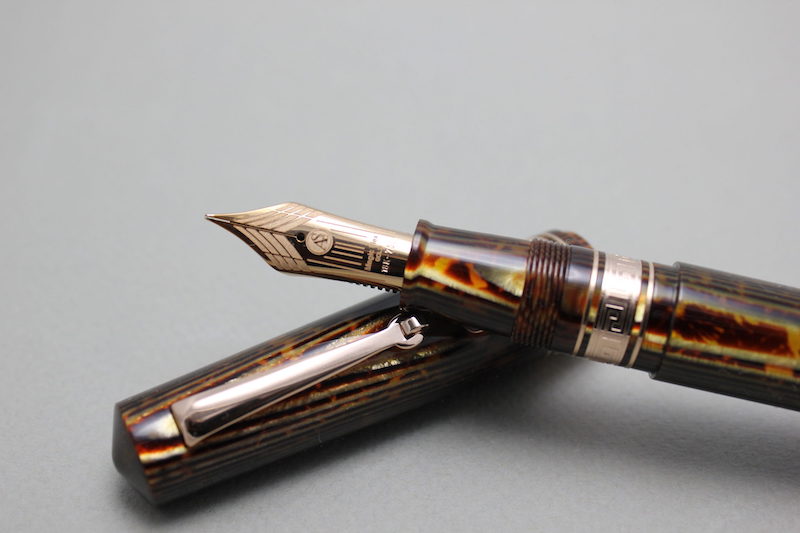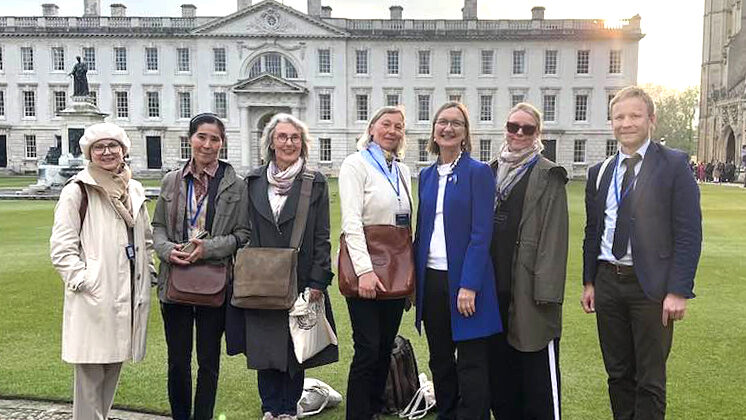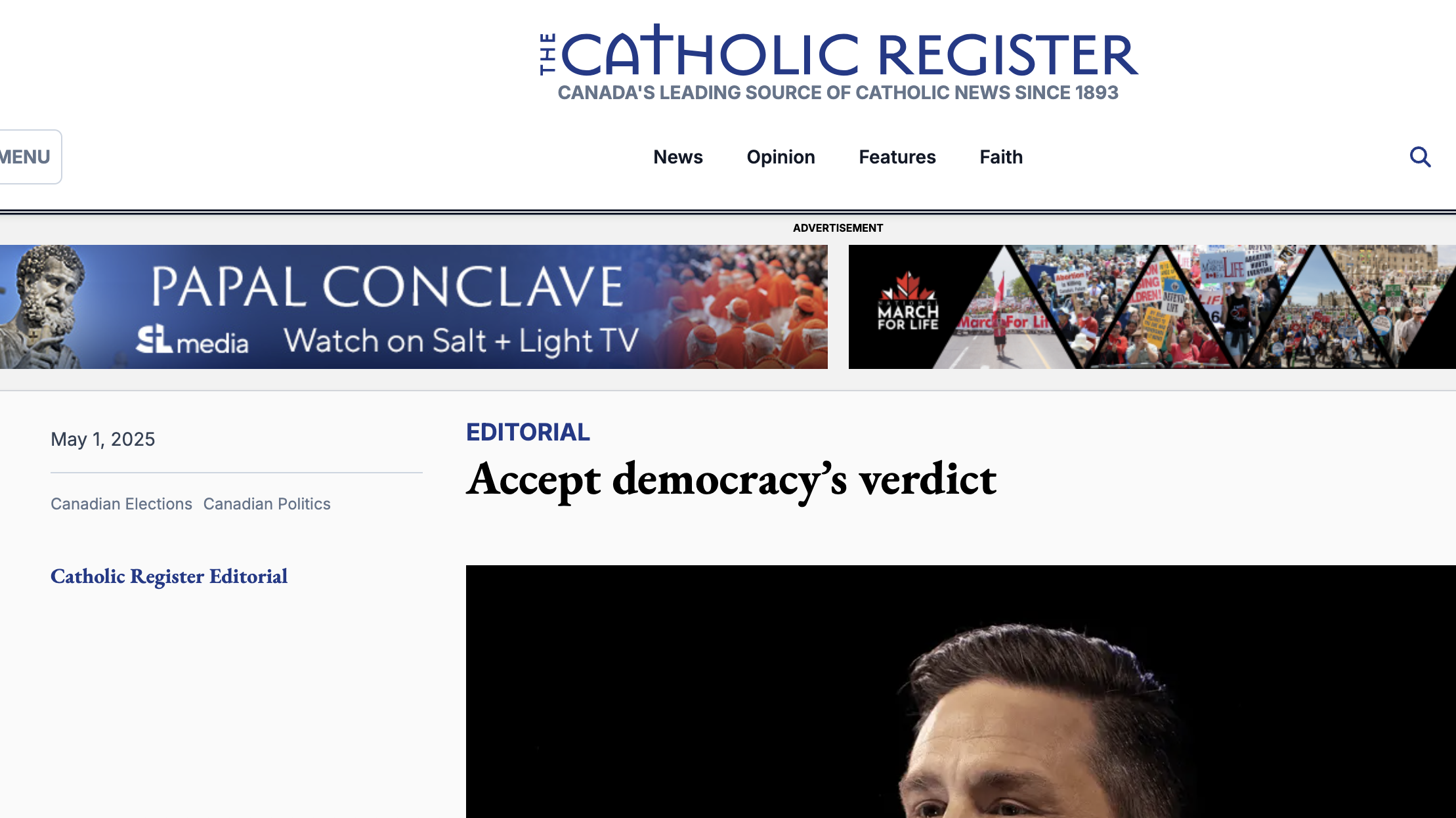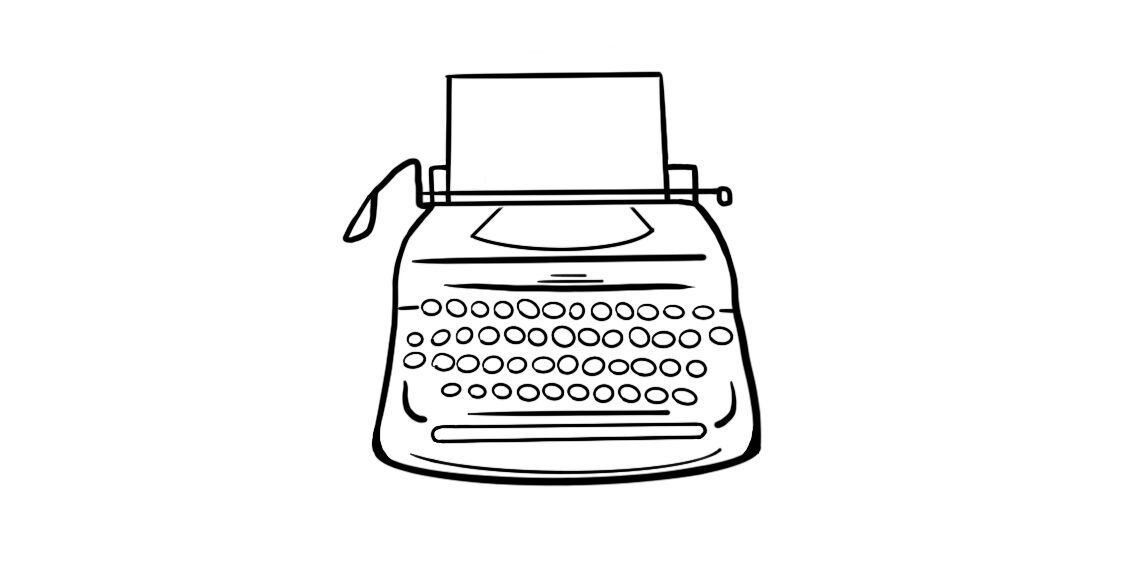Moscow's insists that Estonians through the ‘parliament'
elected during the first Soviet occupation of 1940-1941 requested to join the USSR. This is diametrically contrary to Estonia's and the West's recognition that the ‘parliamentary' elections were a fiction and therefore its decisions entirely illegitimate.
- History as selection, not fact
- History as selection, not fact (II)
- History as selection, not fact (III)
On the other hand Russia’s insistence that it freed the world of fascism is seen by Estonia as an insult, a wild misrepresentation of an actual brutal Soviet regime replacing a brutal Nazi occupation in central and eastern Europe. In addition, Estonians point out that Moscow rejects any culpability in starting the war even though it is clearly detailed in the prewar 1939 Molotov-Ribbentrop Pact outlining collusion between the USSR and Nazi Germany.
The divergent views are so fundamentally different that any compromise seems to be meaningless.
The WWII memory for Russians is seen as sacred. Open debates about the war are condemned. Any honest discourse or alternative interpretations are either outlawed, emasculated or marginalized. Documents that might threaten the credibility of the official version are sealed in archives. Human rights groups are labeled anti-Russian or tools of the West and threats to the national interest. Monuments to victims of Stalinist crimes are removed.
This past spring, two volumes of previously sealed archival documents were released that cover anti-Soviet armed and political resistance in the Baltics during and after WWII. The documents also show how much effort the KGB's foreign intelligence section put into covering Baltic independence movements in the West.
Observers are convinced that the documents made public were carefully selected to reinforce the Kremlin's official historical narrative.
While Russian historians towing the official Kremlin version call groups such as the Metsavennad as Nazi collaborators, a few independent Russian scholars hold a similar position as their Baltic counterparts: “They were brave individuals, who fought for their country's independence. More important – for the dignity of their people”
Victory in WWII is a reaffirmation of Russia's national myth. Russia's identity cannot be emoted from the victory, “an identity that cannot be shared by any other single nation on earth – the identity of victors”.
The ownership of ‘victory' is the most easiest identifiable trait of Russian-ness. The Kremlin simply won't allow it to be soiled by any honesty about what that victory meant for millions of people of captive nations. This historical stand-off won't budge.
Laas Leivat, Toronto




